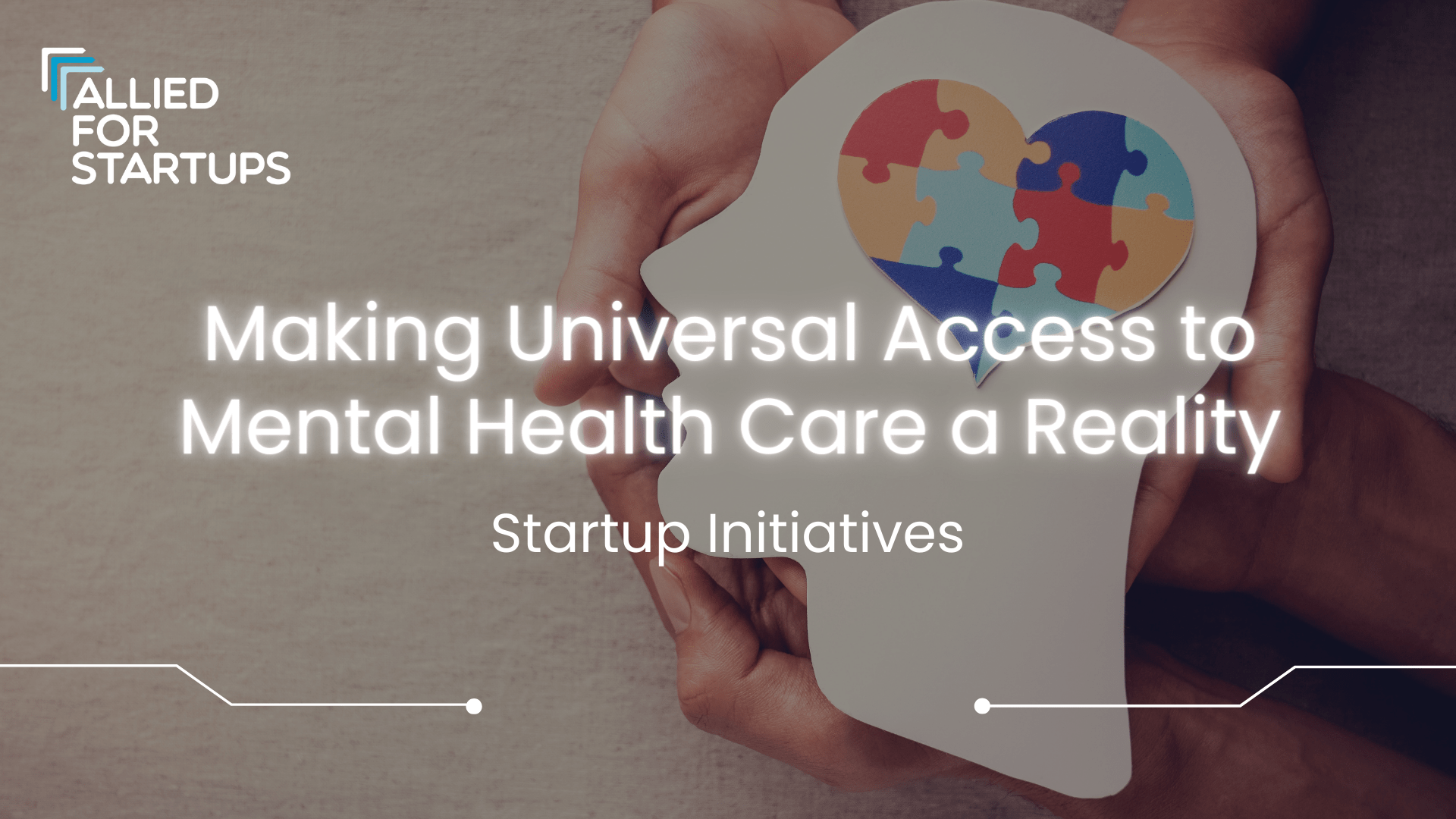Making Universal Access to Mental Health Care a Reality: Startup Initiatives
On the occasion of World Mental Health Day, we echo the significance of mental well-being. This year’s theme, “Mental health is a universal right” underscores the importance of the democratisation of mental health care and the need for accessible support for every individual around the world.
In an era where technology and innovation are at the forefront of tackling healthcare challenges, startups are stepping up to the plate and leveraging their patient-centric innovations to make mental health support more accessible, efficient, and effective. We take a look at three inspiring examples of what startups are doing in making mental health care a universal right.
Doki: Telehealth Solutions
Telehealth platforms allow individuals to connect with mental health professionals from the comfort of their homes, allowing users to access counselling, therapy, and support via video calls or secure messaging. Such is the case of Doki, a Spanish startup breaking down geographical barriers and tackling the stigma often associated with seeking therapy sessions. By harnessing the power of digital technology, such as its online Cognitive Behavioural Therapy (CBT) programmes, Doki facilitates people’s access to the care they need, when they need it.
Woebot Health: AI-Driven Mental Health Support
As a mental health ‘ally’, Woebot uses artificial intelligence to provide instantaneous mental health support through a chatbot which learns as it counsels, retaining information from previous chats to help build trust with the user. This US-based startup uses a powerful combination of psychology and technology to establish a lasting working alliance with users, expanding mental health care access, affordability and equity.
Amelia Virtual Care: Virtual Reality
Amelia Virtual Care’s virtual reality platform allows therapists to treat their patients remotely, offering more than 100 customisable therapeutic environments and dozens of specialised functionalities. It enables the therapist to control what the patient sees at all times, while the biofeedback sensor monitors anxiety indicators. This has shown to provide greater flexibility in session timing, improved cost effectiveness and better patient acceptance
Startups are playing a pivotal role in transforming mental health care. Their innovative solutions are breaking down barriers, reducing stigma, and making mental well-being more accessible to everyone. Even though World Mental Health Day is celebrated on October 10th, it’s important to recognize the importance of high-quality mental health access year-round.

